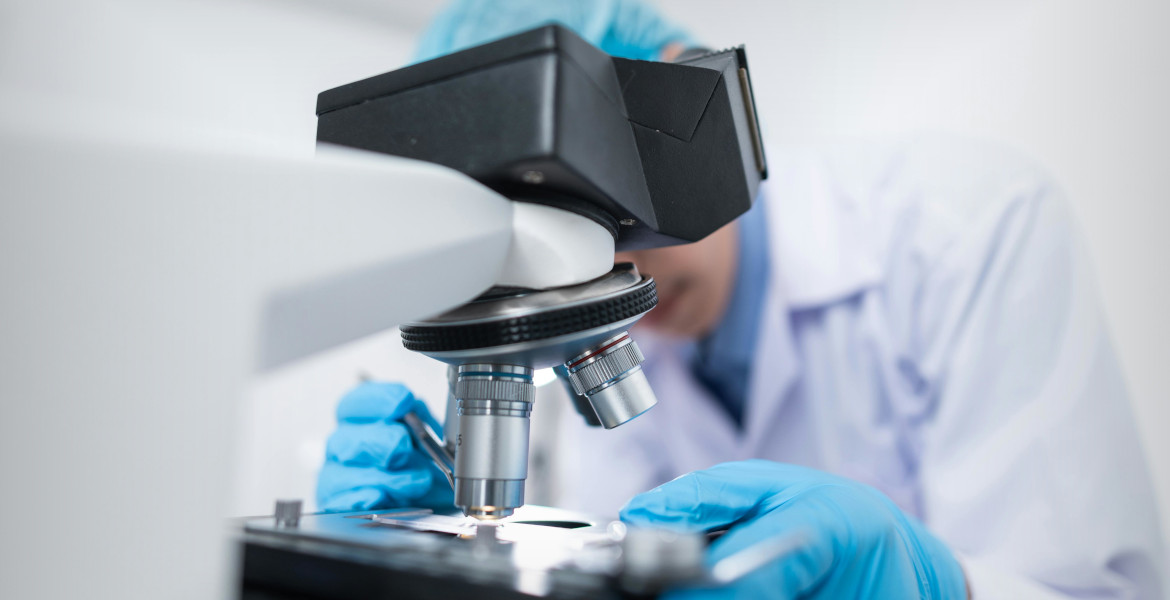Researchers at Lund University in Sweden are now starting the world's first study testing psychedelic drugs on young patients with anorexia nervosa. The pilot study includes 40 patients between 16 and 35 years old and begins this autumn.
Anorexia nervosa is one of the psychiatric diagnoses with the highest mortality rate. Each year, approximately 8,300 young people are diagnosed with eating disorders in Sweden, where anorexia nervosa is most common among girls aged 11–17 years. The disease is characterized by restricted food intake, intense fear of weight gain, and distorted body perception.
— Anorexia has a hereditary component and also occurs more frequently in people who have autism or obsessive-compulsive disorder. There are two clear age peaks for onset. The first is at 14 years of age and the next comes around 18 years, says Pouya Movahed Rad, associate professor at Lund University and senior physician at Psychiatry Skåne.
The study is primarily a safety study where researchers will evaluate risks and side effects of psilocybin compared to conventional treatment. Participants, who are recruited from throughout Region Skåne (the southernmost region of Sweden), must have had at least one relapse in their illness and will receive psilocybin on two occasions during carefully monitored sessions.
— Anorexia is a serious disease and there is no existing pharmacological treatment for the condition. It is therefore important to try new methods that can target the disease's core symptoms, without solely focusing on weight, says Olea Schau Rybäck, doctoral student at Lund University and resident physician in psychiatry at Skåne.
"The brain is fantastic"
Psilocybin is a psychedelic substance found in certain mushrooms. Previous research on depression and PTSD has shown that the substance can break rigid thought and behavioral patterns. The hypothesis is that psilocybin can affect brain synaptic plasticity also in anorexia patients.
— The brain is fantastic and unpredictable. Psilocybin can open up a therapeutic window to create new functional patterns. If the treatment is successful, I see no obstacle to psychedelic drugs becoming an established treatment for anorexia nervosa in the future, says Pouya Movahed Rad.
Results from the study, which is funded by Norrsken Mind (a Swedish venture capital firm), are expected to be ready by the end of 2027. If researchers find promising results, a larger study focusing on treatment effects is planned.





